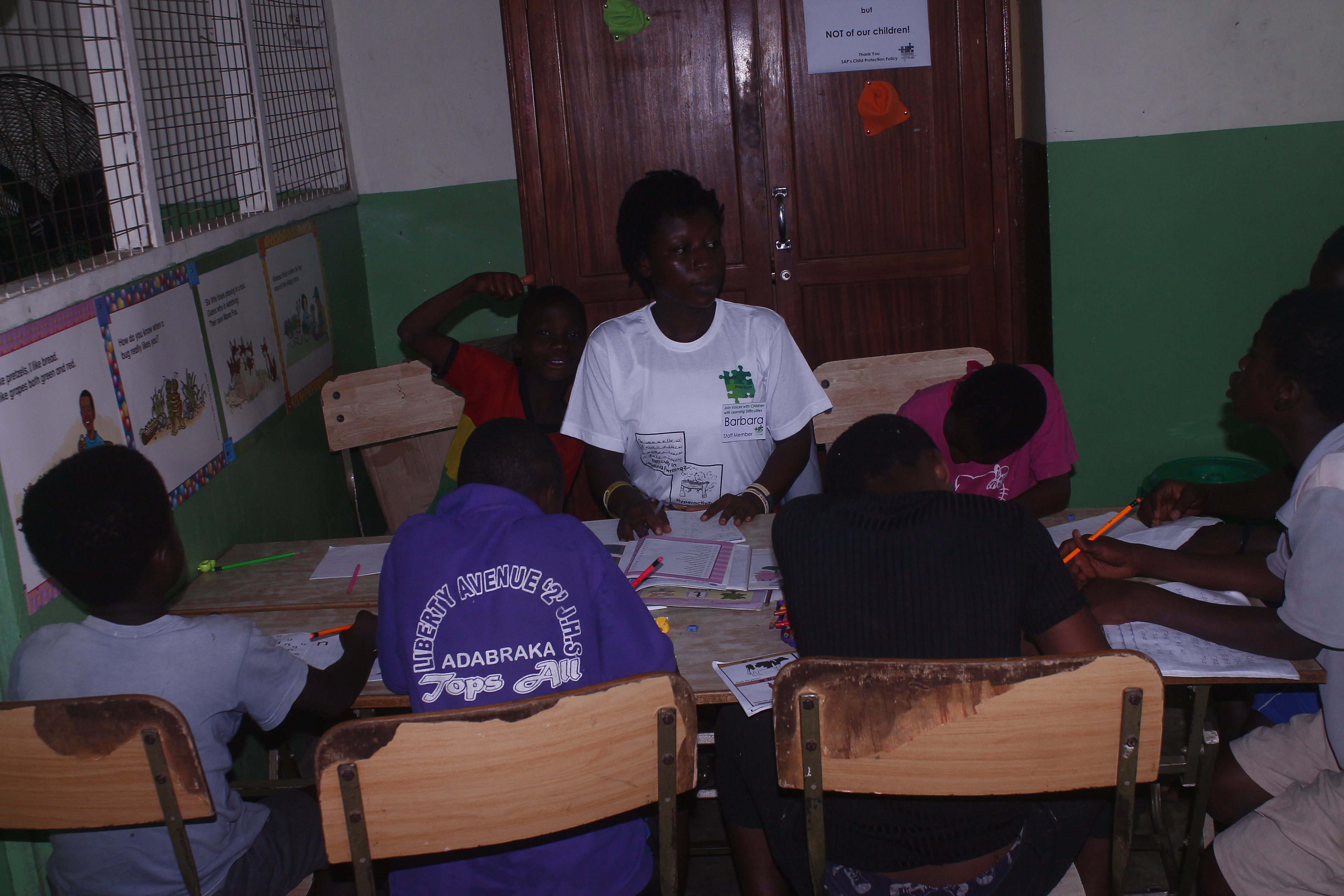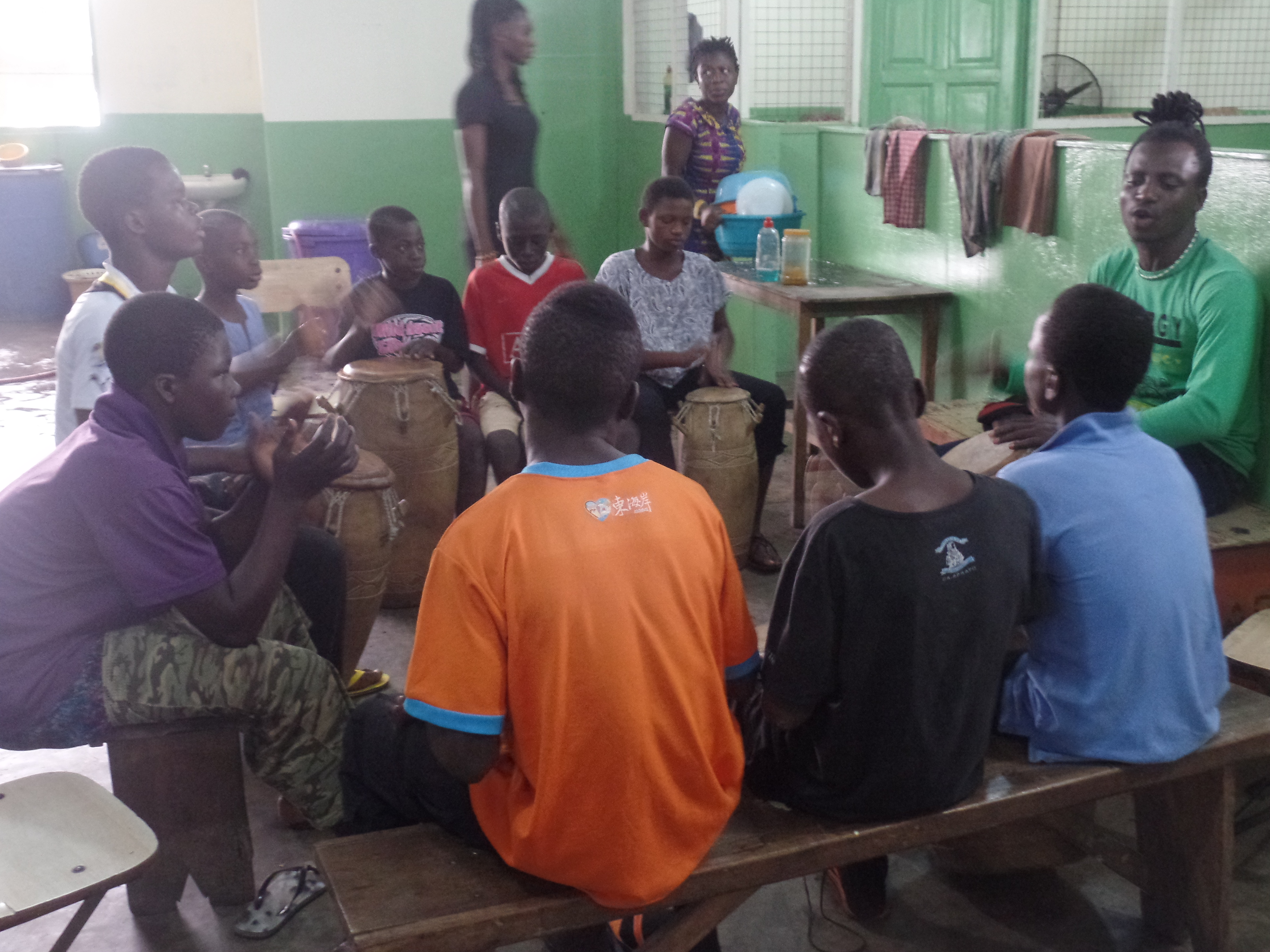Out-of-School Children
SAP's work started by reaching out to Children who had dropped out of school and migrated to the streets of Accra. Many of the children showed symptoms of Learning Difficulties, and re-integrating them in their homes, communities and schools proved extremely difficult. Stigma, ignorance and lack of inclusiveness continue to drive children with Learning Difficulties from their homes and schools.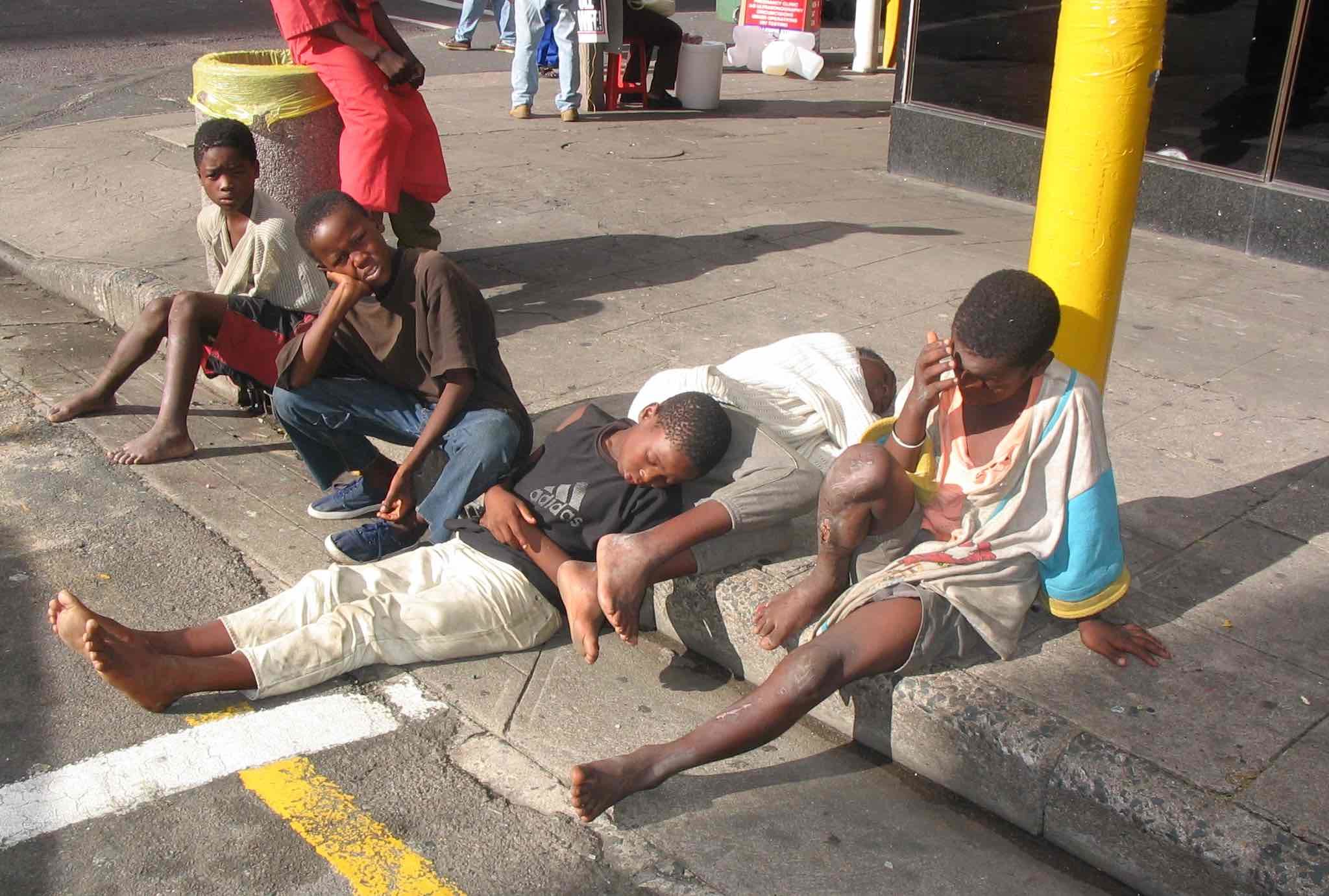
The numbers of children in the streets of Ghana's cities have risen alarmingly over the past years. Other factors like family breakdown and economic problems contribute to this problem. Children who have a learning problem and also experience difficulties at home are at high risk of becoming a 'street-based child'.
SAP's Interventions for Out-of-School Children with Learning Difficulties:
1. Screening and mapping of the Child's problem
The first step is to determine whether the Child's needs match with what SAP offers. If there are barriers to return to mainstream schooling (for example economic restraints or absence 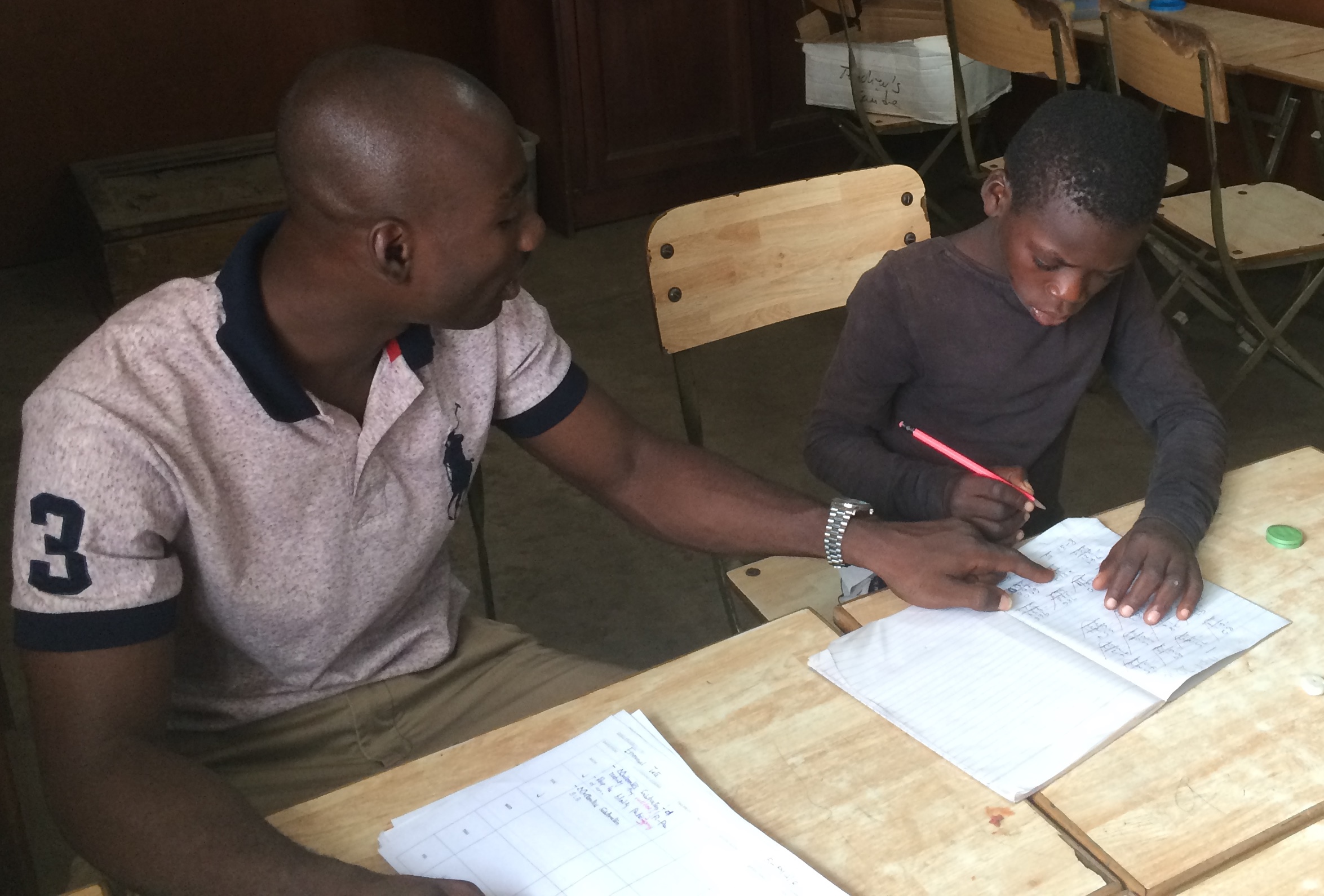
The next step is to map out the learning problems of the Child and the information needs of the Family.
2. Interventions for Children
Based on the mapping, an intervention plan is drafted for the Child. This may include individualised education at SAP's learning centre to prepare the Child for return to school. SAP's programme also includes pre-vocational lessons that allow Children to explore their talents and interests, and learn reading and writing in practice.
3. Interventions for Families
The interv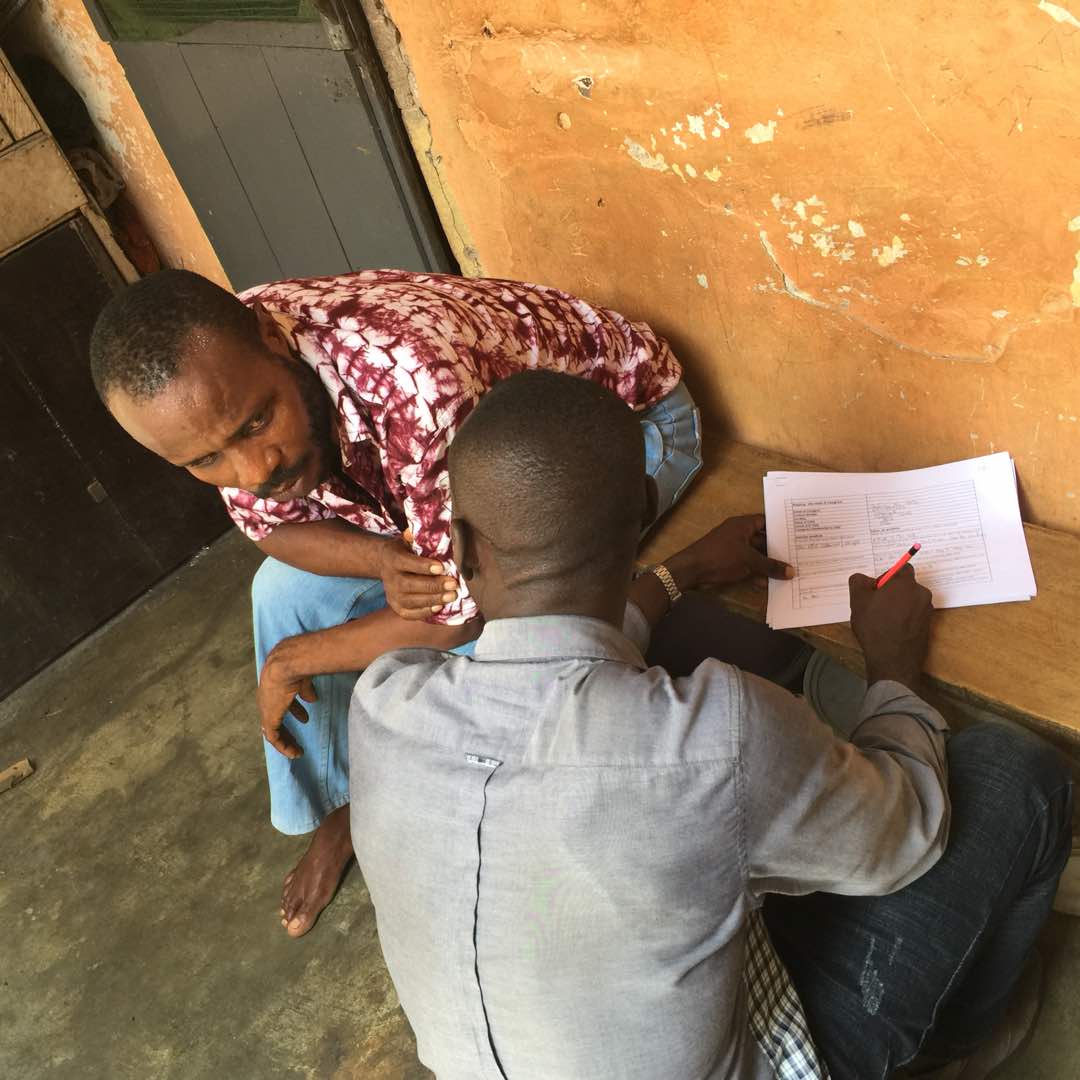 ention plan for a Child always includes a trajectory to inform and educate the Parents on the nature of their Child's problem and advise on getting the needed learning support in place. Parents are always asked to join a Self-Help Group to learn from other parents.
ention plan for a Child always includes a trajectory to inform and educate the Parents on the nature of their Child's problem and advise on getting the needed learning support in place. Parents are always asked to join a Self-Help Group to learn from other parents.
4. Interventions for Class Teachers
When a Child is about to return to school, the Class Teacher receives training on how to meet the Child's learning needs in the classroom / school setting.
Out-of-school Children and their Families usually do not pay for SAP's services. You can make a difference by sponsoring Children to benefit from SAP's programmes and so help reduce the number of Children who are forced to grow up without formal education.
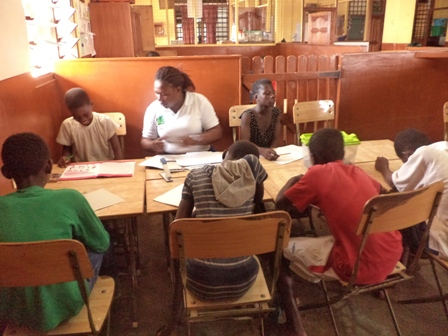
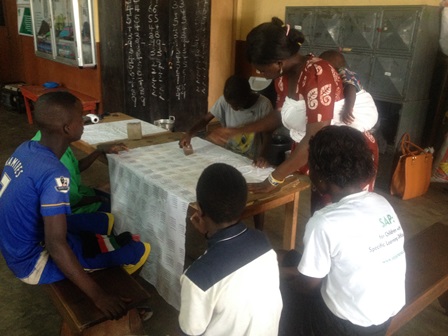

Donate via mobile:
+233 (0) 544-700505

